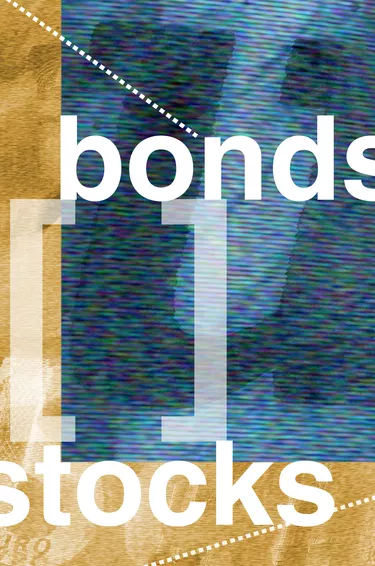
Companies issue shares as a means of raising additional capital to fund business operations or take up new investments. Public companies need approval from their shareholders before issuing shares. A share issuance requires issuing a prospectus, receiving application of shares, allotment of shares and a call on shares.
Issuing Prospectus
Video of the Day
A prospectus is a document used by a public company as an open invitation to the public to buy shares of a company. A company must submit a copy of its prospectus to the Securities and Exchange Commission before the publication date. However, private companies or public companies issuing shares privately do not need to issue a prospectus. The prospectus gives brief information about the issuing company: names of directors, past performance, terms of issue and the investment for which the company is raising capital. It also gives opening and closing dates of the share issue, application fees, allotment and on-call dates, and bank details for deposit and minimum shares for application.
Video of the Day
Application of Shares
After getting an invitation, interested investor prospects can submit their application through a prescribed form, along with an application fee before the closing date given in the prospectus. When the number of shares applied for exceeds the number of shares issued, there is an oversubscription, but when applications are less than expected, there is an under-subscription. Applications occur at a designated bank where a receipt is issued. The issuing company does not withdraw the application money until completion of the allotment procedure. The application fee collected for share issue should be at least 5 percent of the nominal share amount.
Allotment of Shares
When the directors of an issuing company with consultation with the stock market authorities prepare to sell shares to an applicant, they communicate through an allotment letter. Most people use allotment and issuance of shares interchangeably. However, for a public company, share allotment strictly involves allocating the right to shares to certain applicants. The allotment letter communicates allotment time and date of paying for the shares. Not all applicants receive allotment letters, unsuccessful applicants receive regret letters and their application money given back. Share allotment can be pro-rata, in which all applicants are accepted, but each is given lesser shares than they applied for.
Call on Shares
Calls are used to collect remaining shares after application and allotment as per the provisions of the prospectus. There's first call, second call and so on, depending on the number of installments. The last call includes the word "final." The call amount should not exceed 25 percent of the share's nominal value, and a month must have elapsed from the payment date of the previous call. A 14-day notice must be given indicating time and place.